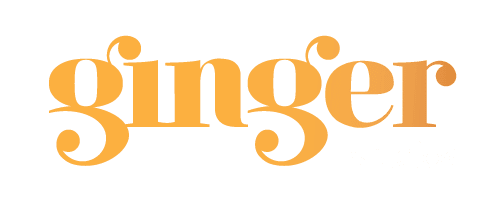Ginger Studios’ recording rooms approach record production from a more modern perspective, where the control room is the studio. To allow isolated recording, a spacious second room with clear sight-lines between the spaces is also offered.
With an intimate vibe, the recording studio is the new home for singer-songwriters and indie pop artists and bands across Melbourne. The space is large enough for recording small jazz ensembles, rock groups and chamber musicians and vocals.
Ginger Studios has an impressive collection of equipment and software, allowing the engineers to capture the sound you’re looking for. The studio has a modern SSL Duality console combining the best of analogue and digital workflows seamlessly, a wide range of mics from Telefunken, AKG and Shure plus Pro Tools HDX1. A great selection of outboard gear, including 1176 compressors, Retro Instruments and Tube-Tech compressors and equalisers are also available.
Each session at Ginger Studios starts with a creative discussion. This helps ensure that each recording project is approached in the most effective way possible, drawing on the experience of our team to get the best sound possible. Whether it’s a single track or an entire album, we’re sure to make your music sound great. We’ve had the pleasure of recording artists from around the world and in a variety of genres, including jazz, folk, rock and more.
Our top priority is ensuring that each recording artist leaves with a high-quality product they can be proud of. Our team is available for assistance and advice at any stage of the production process, from pre-production to mastering. We are passionate about helping you create something special! Contact us today to book your session at Ginger Studios.
